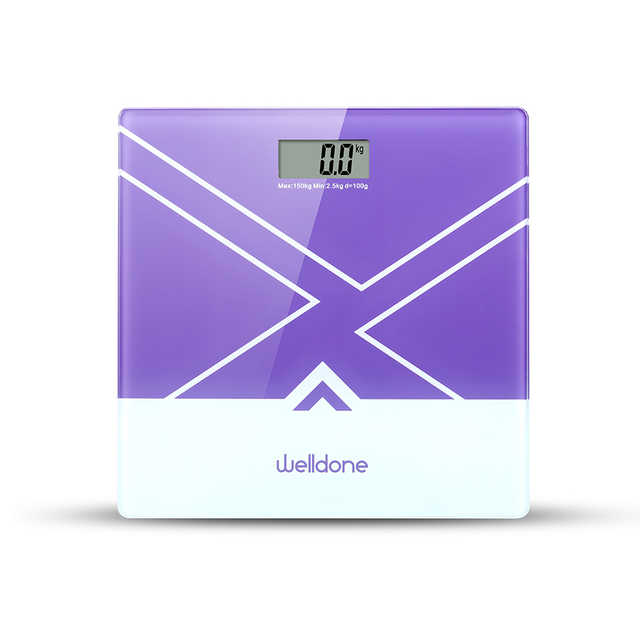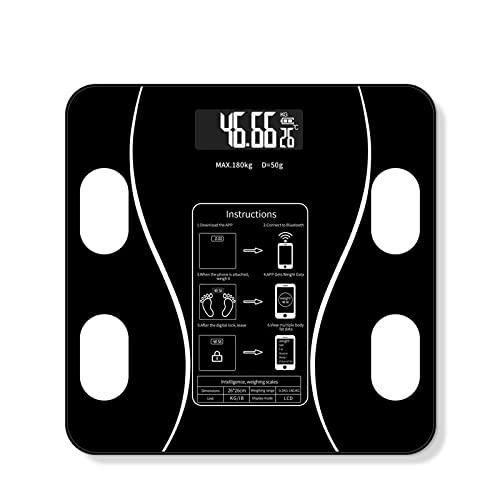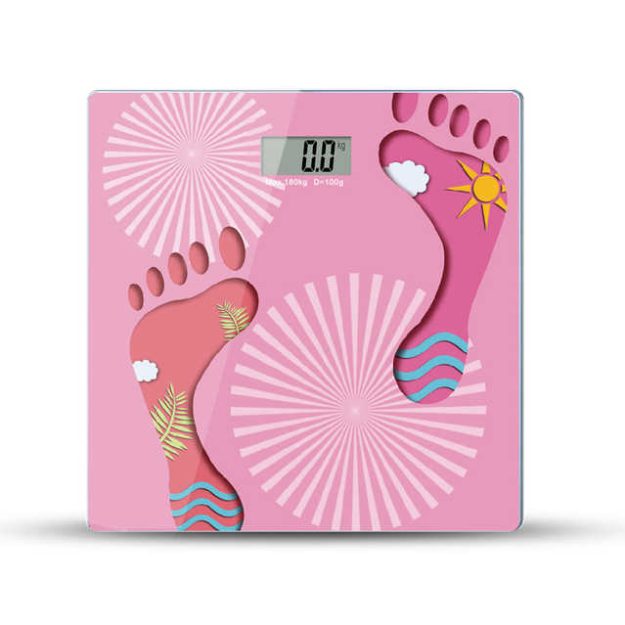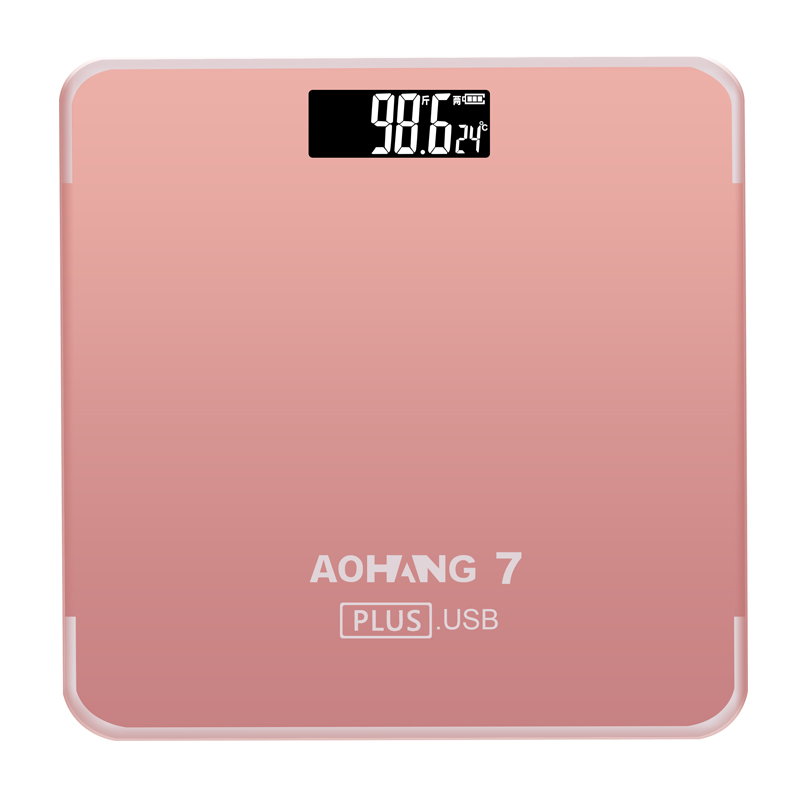Weighing yourself correctly ensures accurate results, helping you track your health, fitness, or weight management goals effectively. Follow these 11 steps for a precise and consistent weigh-in experience.
1. Choose the Right Scale
- Opt for a digital scale for accuracy and ease of use.
- Consider scales with additional features such as body composition analysis for more comprehensive health tracking.
- Purchase a reliable and high-quality scale from Eagle Weighing Systems, the trusted supplier of weighing solutions in Uganda.
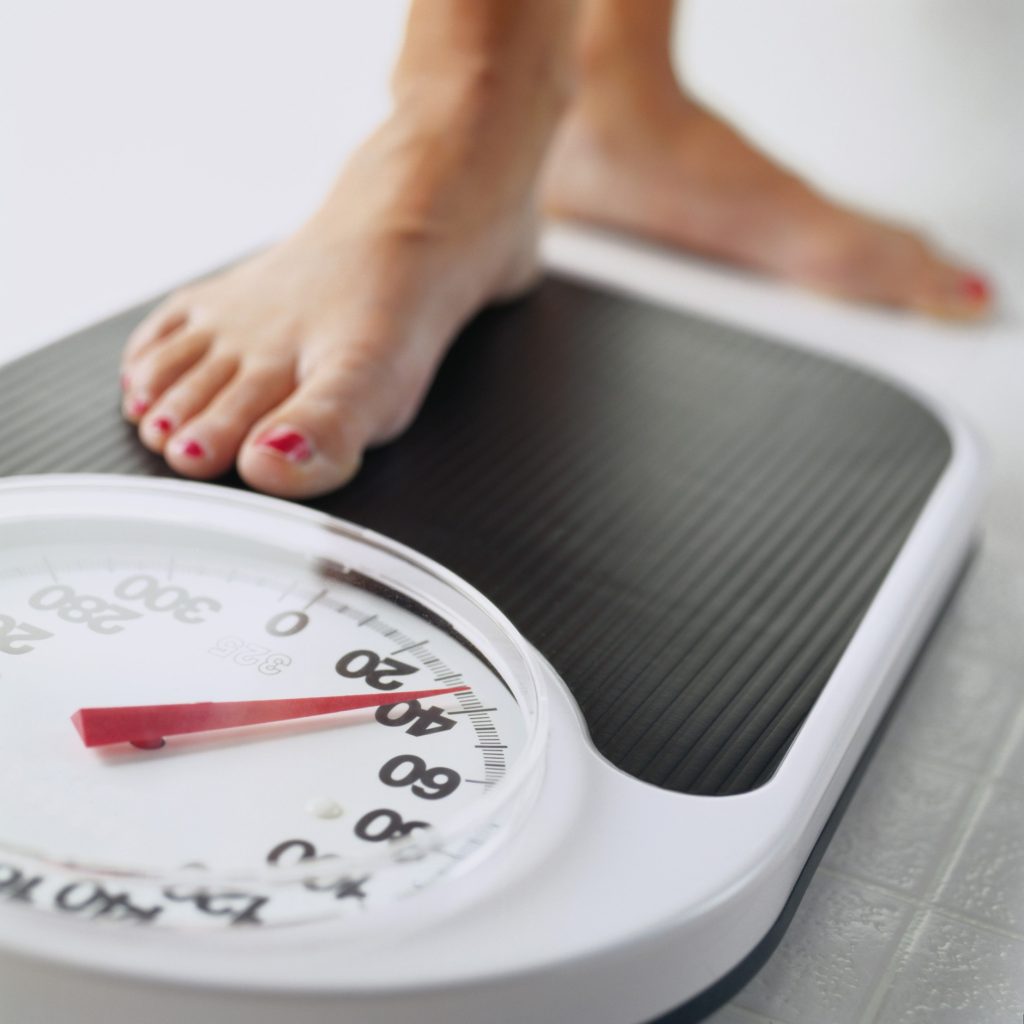
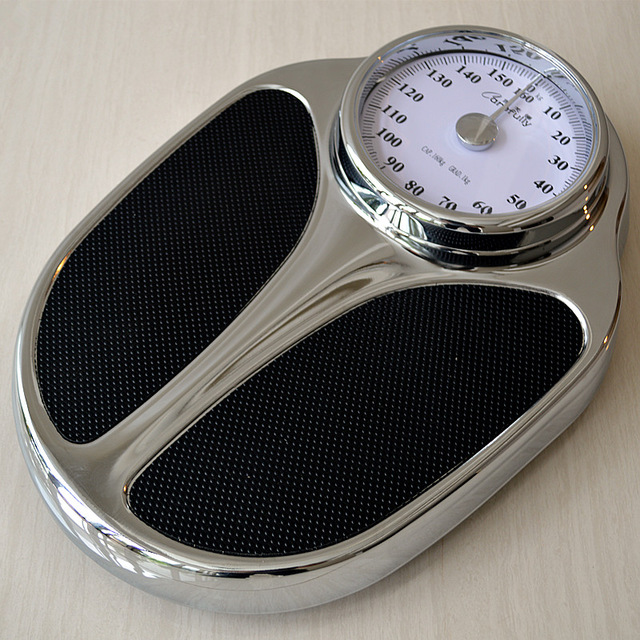
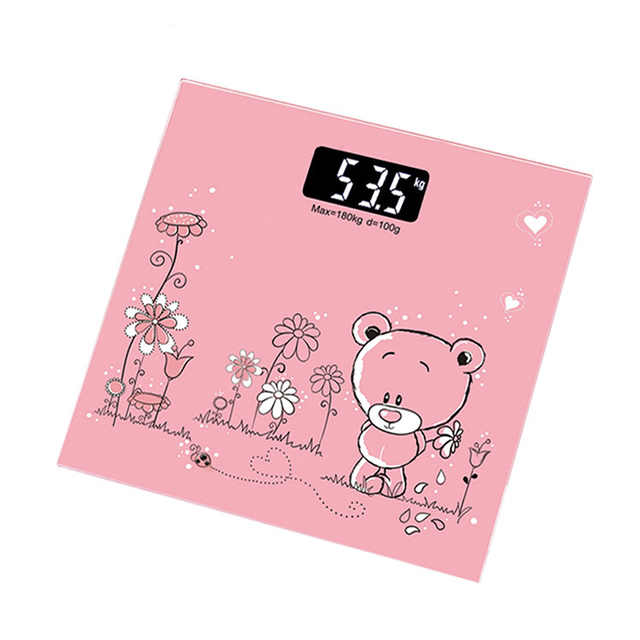
2. Place the Scale on a Hard, Flat Surface
- Avoid placing the scale on uneven surfaces like carpets or rugs.
- Use a tiled or wooden floor to ensure the scale remains stable and provides accurate readings.
3. Calibrate the Scale
- Ensure the scale is properly calibrated before use.
- For analog scales, set the needle to zero manually.
- Digital scales often auto-calibrate, but check the user manual for instructions.
4. Weigh Yourself at the Same Time Daily
- Body weight fluctuates throughout the day due to food, water, and activity levels.
- The best time to weigh yourself is in the morning, after using the bathroom and before eating or drinking.
5. Wear Minimal Clothing
- Clothing can add extra weight, so weigh yourself wearing light or no clothing for consistency.
6. Stand Still on the Scale
- Place your feet flat and evenly on the scale.
- Avoid leaning, moving, or shifting your weight.
- Stand upright with your arms relaxed at your sides.
7. Wait for the Reading to Stabilize
- Allow the scale to settle before noting the measurement.
- On digital scales, wait for the final number to appear without blinking.
8. Avoid Weighing After Meals or Workouts
- Food, water, and sweat can affect your weight temporarily.
- Weigh yourself under consistent conditions for accurate trends.
9. Track Your Readings
- Record your weight in a journal or app to monitor changes over time.
- Focus on long-term trends rather than daily fluctuations.
10. Use the Same Scale
- Different scales may provide varying readings due to calibration differences.
- Stick to one scale for consistent tracking.
11. Maintain Your Scale
- Keep your scale clean and free of dust.
- Replace batteries in digital scales when needed.
- Contact Eagle Weighing Systems for professional calibration services.
Why Accurate Weighing Matters
Accurate weigh-ins provide reliable data for:
- Health Monitoring: Detect potential health issues early.
- Fitness Progress: Track weight loss, muscle gain, or maintenance goals.
- Diet Adjustments: Fine-tune your nutrition plan based on weight trends.
Where to Buy Reliable Weighing Scales in Uganda
For precise and durable scales, visit Eagle Weighing Systems. Here’s why we’re the best:
- Wide Selection: From personal digital scales to industrial options.
- Affordable Prices: Competitive rates in Ugandan Shillings (UGX).
- Expert Guidance: Our team helps you choose the right scale for your needs.
- After-Sales Support: Calibration, maintenance, and troubleshooting services.
Stay updated by following us on Facebook, Twitter, and YouTube.
FAQs
- How often should I weigh myself?
- Weigh yourself once daily or weekly, depending on your goals, but ensure consistent timing.
- What is the best scale for home use?
- Digital scales are recommended for accuracy. Find the best options at Eagle Weighing Systems.
- Can I weigh myself on a carpet?
- No, carpets can cause inaccurate readings. Use a flat, hard surface.
- What should I do if my scale gives inconsistent readings?
- Calibrate the scale or contact Eagle Weighing Systems for professional assistance.
Following these 11 steps will help you weigh yourself accurately and consistently. Trust Eagle Weighing Systems for all your weighing needs in Uganda.

